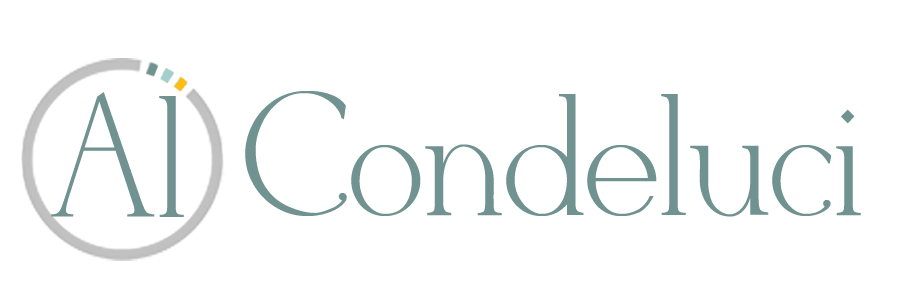Social Academics
/One of the unique aspects of our agency, CLASS is that along with the direct supports we offer to folks with disabilities in Allegheny County (Pittsburgh), we have also started to focus on community based research. This is in an effort to gather more empirical evidence related to social capital, community engagement and the inclusion of people with disabilities in everyday life.
This research effort has produced some important data and just this past Nov (2016) we had an important article published in the Canadian Journal of Disability Studies that showed some stark disparities in community engagement realities. You can track this article by its title, "Someone to Love, Somewhere to Live, Something to Do."
Just recently, however, I came across a report we filed in 2009 that summarized a project we did back then we called the "TEACHER Program." TEACHER was an acronym for "Training, Empowerment, Access to information, Consultation, Help, Experience, and Resources" and was a project CLASS conducted with the Pittsburgh City Schools and with it we introduced the concept of "Social Academics," which refers to a teaching model that promotes classrooms as communities. With it we introduced multiple "classroom community building strategies" (CCBS). We framed social academics as student-centered and capitalize on each student's strengths and stratagize any necessary adaptations for his/her overall success in both academics and socialization.
During the 2008-2009 school year, CLASS staff worked in 4 general education classrooms in the Pittsburgh City Schools. In this effort we worked with 76 students, 18 who had an IEP, along with 10 teachers. We established 4 classroom teams to promote collaboration in planning, and here are some of the things we found:
* 100% of teachers found the program helpful to encourage full participation of students
* 75% of teachers stated that their students better understood the concept of community.
* 100% of teachers reported that the program enhanced their students ability to cooperate
* 75% of teachers reported that the program was effective in helping students with IEP"s in building peer relationships
* 75% of teachers reported that participating in this program changed their approach to teaching.
These results are encouraging in the inclusion effort. We know that relationships for children with disabilities in school with able-bodied peers is the secret to an inclusive community down the road. Still there is more we need to learn, try, and do in this effort. Having children with and without disabilities build social capital is the key variable that will change the world.
Think about it - social academics has probably been the secret to your success. Certainly academic topics have their place, but the real variable to life success is our learning to get along with other diverse people.
